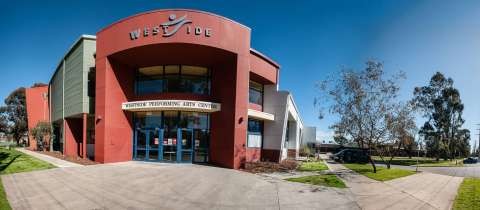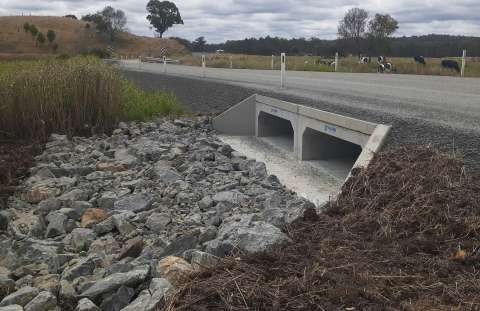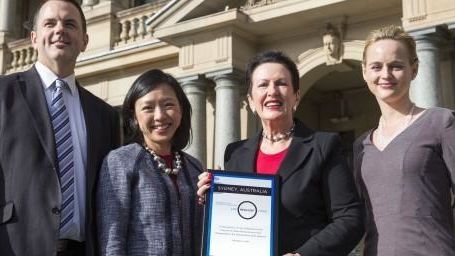Thousands of South Australian small and medium-sized businesses that have suffered a significant loss of income or were forced to close as a result of the state’s 7-day lockdown have already begun receiving their $3,000 and $1,000 emergency cash grants, with many more expected to have the financial ‘shot-in-the-arm’ deposited into bank accounts today.
Less than a week after the Marshall Government announced its sweeping new $100 million Business Support Package, the cash grants have started flowing to support eligible SMEs across the state – from gyms, hairdressers and nail salons to restaurants, cafes and hotels – affected by the 7-day lockdown.
Nearly 2,500 SMEs so far have received the $3,000 cash grant, while 88 have received the $1,000 grant.
Treasurer Rob Lucas said the Government was working around the clock to ensure the financial ‘lifeline’ was available to support as many businesses and local jobs, as possible – with payments fast-tracked in some cases.
“Our focus is firmly on getting this money out the door and into the pockets of our hardworking small businesses as quickly as possible,” said Mr Lucas.
“We know this has been an incredibly difficult time for many employers and their staff, which is why we have been doing everything in our power to help as many businesses as possible to get through the other side of the lockdown.
“These grants will provide an immediate cash injection to help them cover ongoing operating costs, such as rent, power bills, supplier and raw material costs and help them be able to re-open from tomorrow, when restrictions ease.
“In some cases, where small businesses have already received previous cash grants from the Government last year, and their details remain the same, Treasury has been able to fast-track their payments.”
Modelled on similar schemes in Victoria, New South Wales and Western Australia, the SA grants apply to those businesses with a payroll of less than $10 million, with an annual turnover of $75,000 or more (in 2020-21 or 2019-20) and whose turnover is reduced by at least 30 per cent over the 7 days from 20 July 2021 as a result of the lockdown.
A $1,000 cash grant is available for eligible small businesses who don’t employ staff (eg non-employing sole traders).
More than 14,300 businesses have registered their interest in the grants via the Treasury website (https://treasury.sa.gov.au/sbg)
Treasury will contact via email successful grant recipients from the 2020 Rounds 1 and 2 of the Small Business Grant ($10,000) through the email address submitted by the business as part of the application process, to advise them of the new Business Support Grant. The applications process for these businesses will be fast-tracked and payments expedited where business details have not
changed and eligibility requirements are satisfied.
For more information on the program, including eligibility criteria: treasury.sa.gov.au/growing-south-austalia/COVID-19.
In other support measures: the Commonwealth’s COVID-19 Disaster Payment scheme provides $375 per week for those workers who have lost between 8 and less than 20 hours’ work, or have lost a full day of work, and $600 per week if a person has lost over 20 hours’ work.
The State Government is fully-funding income support payments of up to $600 per week for eligible workers in regional SA, who live or work outside of the Commonwealth-declared ‘Hotspot’ local government areas (and, therefore, not entitled to the Federal Government’s $375 or $600 per week support payments).
More information on how to claim the Commonwealth COVID-19 Disaster Payment (including the matching income support payment for eligible SA individuals outside the Commonwealth declared hotspots) is available on the Services Australia website: https://www.servicesaustralia.gov.au/individuals/services/centrelink/covid-19-disaster-payment
Meanwhile, the Government has confirmed many microbusinesses not registered for GST will be eligible for the Commonwealth COVID-19 Disaster Payment of $600/$375 per seven-day period.








